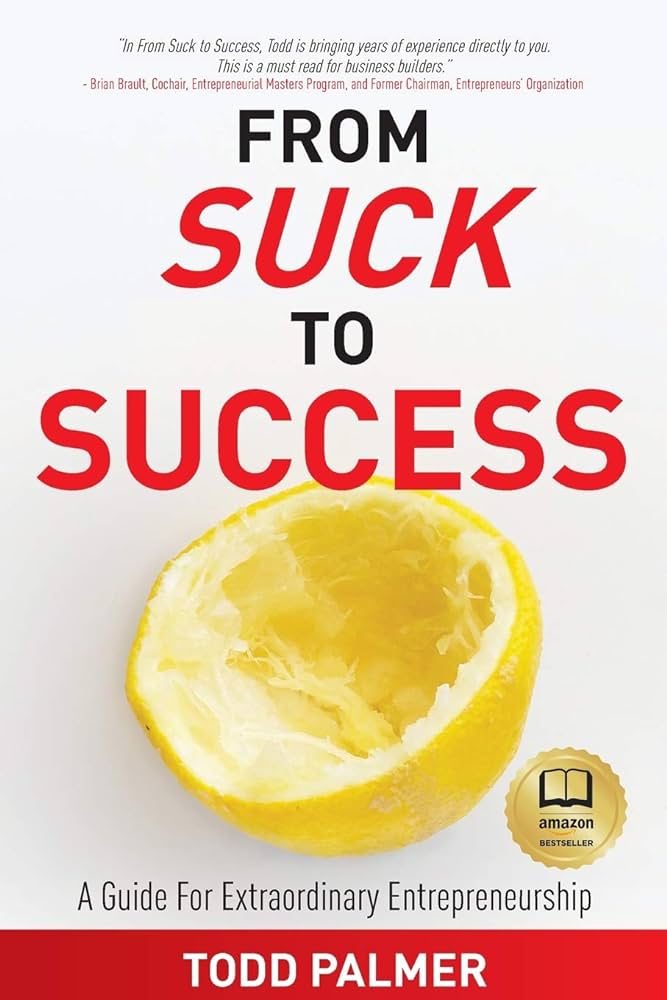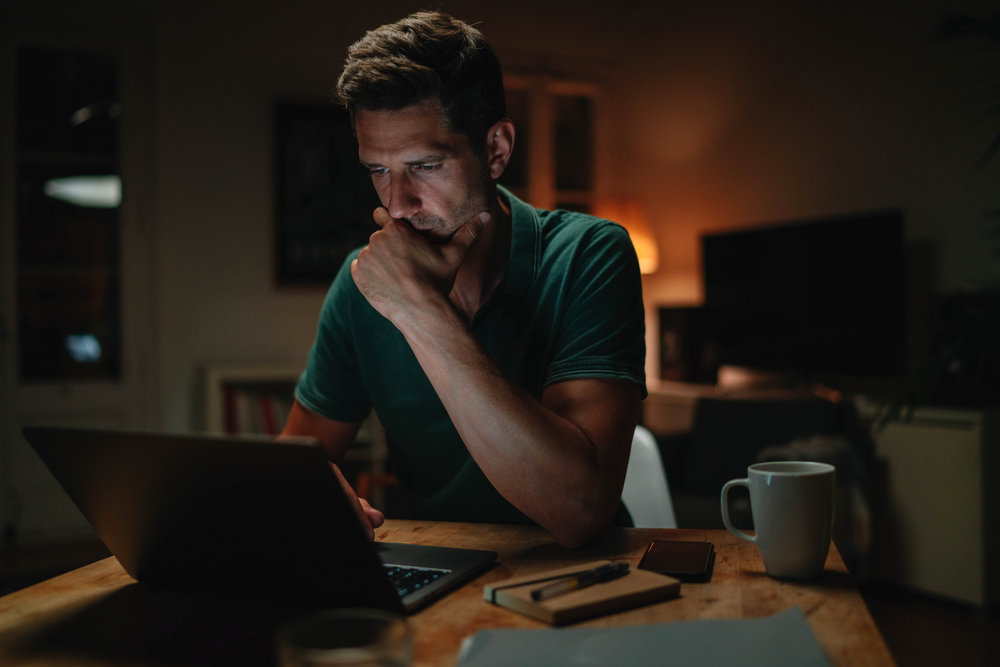Being vulnerable doesn't mean you're weak. It means you're brave.
Ted Lasso
In our society, there's a longstanding narrative that expects men to be tough and stoic and to keep their emotions in check. It’s called toxic masculinity, and it’s a term that reflects the pressures many men feel. However, ignoring our emotions and not discussing our mental state can severely impact our well-being, especially in the isolating times we’ve experienced recently with COVID and the digital barriers to personal connection.
Here's what happens when we bottle up:
- Internal Aggression: Keeping our emotions inside can lead to aggression and other negative behaviors, such as stuffing emotions down or numbing them with alcohol.
- Isolation and Disconnection: Avoiding discussions about our feelings intensifies feelings of loneliness and isolation.
The first step to breaking this cycle is finding a psychologically safe environment to express ourselves. It took me some time, but I found that with a business coach, Dr. Danny Friedland, author of Leading Well from Within. Yes, as a business coach myself, I, too, benefit from having a coach—someone who provides a judgment-free zone where I can openly navigate my feelings and learn strategies to manage them effectively. I still have a coach today to help with my mindset, my internal dialogue, and how I talk to myself. The work is never done!
For many, the right support might come from a psychologist, which is a fantastic option. The key is to find an impartial party—someone who isn’t your partner or a friend—who can offer unbiased guidance.
My second strategy is non-negotiable: exercise. Working out daily sets the tone for my mental state. It’s my time, and it’s sacred—whether it’s lifting weights or playing baseball. Exercise releases the positive chemicals, dopamine, endorphins, and serotonin in the brain, which can be an antidote for depression. Find that outlet that keeps you grounded and make it a part of your daily routine, be it through sports, music, or even journaling.
For those of you who are not men but are in a position to support us—whether in personal life or business—the best approach is to foster an environment rich in psychological safety. Listen and validate feelings without judgment, mirroring back what is being shared, and engage with curiosity. This kind of supportive space allows men to feel truly seen and heard, paving the way for genuine connection and purpose.
To all men out there, I encourage you to find someone you can talk to and discover an outlet that positively impacts your mental well-being. And for everyone else, let’s strive to create a culture where psychological safety and accountability go hand in hand.
The world can be a tough place, and none of us need to go it alone. An entrepreneur alone is an entrepreneur at risk.
Here’s to opening up and being brave together.




